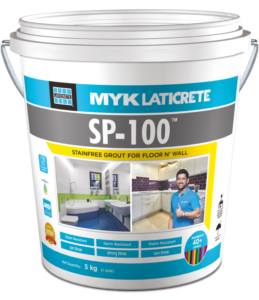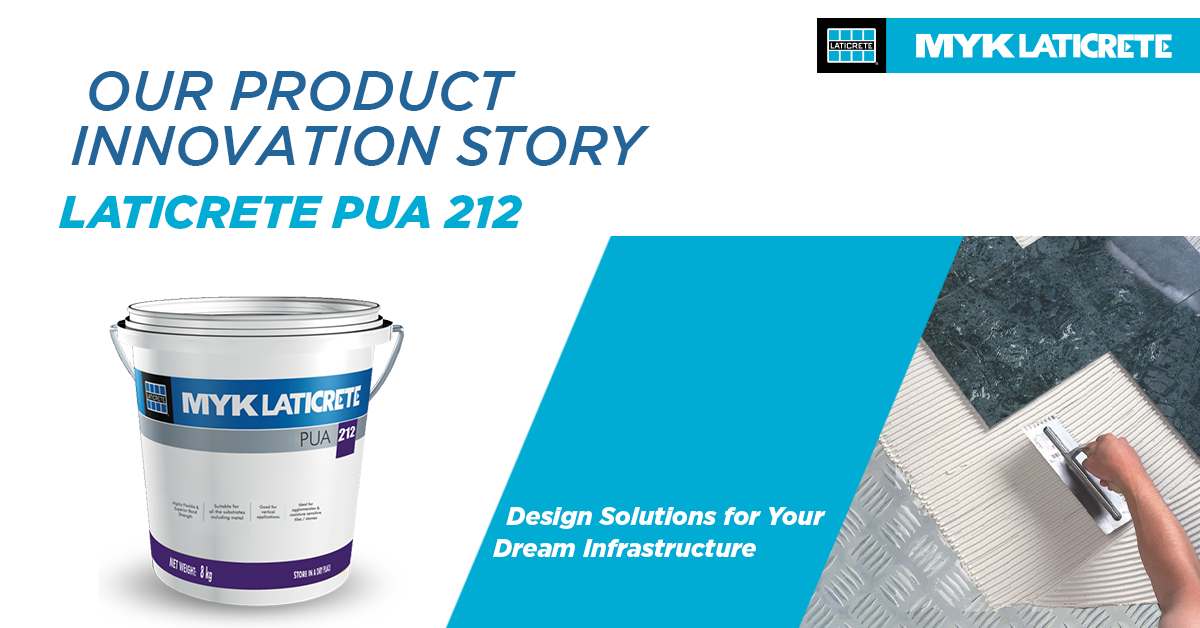Through the ages, architecture has been assisted by major advances in both design and new materials. Architectural developments enhanced design through the construction of arches, domes, frescoes and mosaics adding to the functionality and grandeur of a structure. In order to facilitate this, developments in materials were also crucial.
The Roman invention of concrete – a mixture of lime mortar, sand, water, and stones, in the 3rd century BCE – revolutionised engineering and architecture. As large marble slabs and pillars gave way to tile-covered concrete as the main building material, architects discovered they could be more innovative in their designs.
This has carried over into the modern day with architectural structures ranging from grand, domed building of marble, stone or wood, to free-flowing structures of glass and steel. And as architectural styles change, so do the materials which are used.
Among the many changes in design today, is the use of the metal tile. They have become quite popular in commercial and residential construction, thanks to their versatile nature.
Metal flooring is an excellent flooring solution to the heavy traffic areas where strength and durability is the main aspect to be dealt with. Metal flooring is typically used for multi-story buildings, mezzanines, bridge walkways, porches, in-fills, platforms and parking garages, storage facilities, and so on.
As mentioned, metal flooring is usually seen in outdoor or industrial spaces.However there has been a shift towards using metal tiles in residential homes as wall or floor accents, MS panel staircase. Shaped and moulded into a wide array of patterns, a wall or floor can turn into a statement. Whether they are used in residential homes, outdoors or in industrial areas, metal tiles do possess certain advantages.
Metal tiling is fireproof, water proof, durable and consistent in design and manufacture. They also provide insulation and offer a reduction in energy consumption that lowers expenses for building owners. Metal walls are also considered eco-friendly and sustainable building materials.
However, fixing tiles on metal surfaces and metal tiles on regular surfaces come with its own challenges in construction. Metal surfaces and concrete surfaces are entirely different in their properties.The tiles have to be set and held securely without damaging the tile and metal or concrete substrates.
The innovation in finishing materials also poses new challenges. For example, new, innovative manufactured stones (also known as agglomerates /quartz/engineered stones) use resin binders to make beautiful glossy new age designs in large formats (sizes up to 10ft x 6ft).
The resin binders which are used in these resin agglomerates do not allow cement based slurry or thin set adhesives to form a proper bond with them during installation and can lead to debonding. Hence they require resin based material for installation without debonding for permanent, hassle free performance.
In order to facilitate this and provide architects with design solutions, MYK LATICRETE formulated PUA 212. This can safely – aesthetically, economically and without damage – secure agglomerates tiles, especially metal tiles to the substrate.
MYK LATICRETE’s PUA 212 elasticity, flexibility and sensitivity to all kinds of tiles, stones and substrates provides great bond strength. Completely eco-friendly, it has a EN 12004/ISO 13007:R2TE compliant modified Poly Urathane Adhesive certification.
PUA 212 is designed especially for interior and exterior floor and wall installations of agglomerates, metal tile, and natural stones over concrete and on a variety of substrates including metal substrates and drywall boards.Good for vertical applications, it is also ideal for moisture sensitive tiles/stones.
MYK LATICRETE’s PUA 212 believes in expanding the capabilities of architects and designers by giving them innovative materials to work with helping create monuments that stand the test of time.






